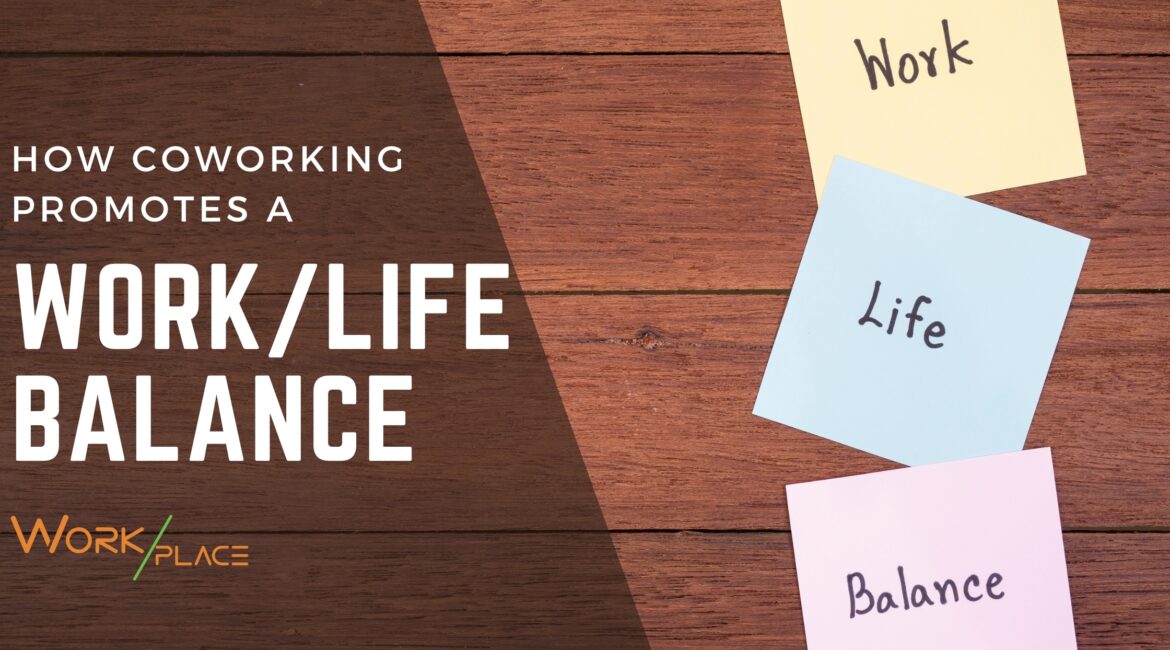As offices continue to shift their office and work from home policies, more people are continuing to choose remote work as an option whether or not their offices are open. According to Pew Research Center data collected on 5,889 workers in January 2022, 61 percent of people working from home remain at home by choice and not by necessity.
Remote workers desire a better work-life balance and more productivity than what the office could provide, and for many, working from home hasn’t adversely affected their careers.
Other findings from the Pew study suggest that 78 percent of those working from home instead of the office don’t cite COVID as their reason, but convenience.
The flip side of that is when your home becomes your office, it’s easy for the two words to blend. Home can be an ideal working location when needs arise—personal illness, sick children, service provider visits, etc.—but long-term, it’s best to find a place where you can establish a clear identity for working, much the same way retreating to the bedroom signals to the brain that it’s time for sleep.
One challenge of working from home is the relationships missed within the office. The survey found that 60 percent of remote workers felt less connected to their colleagues when working from home. While instant messaging and video conference calls curb that lost connection, one solution could help with providing a suitable and professional working environment and having contact with people—coworking.
Personal Space
When you choose a coworking space, like Work/Place, you choose how you want to work. There are flexible options like hot desks, and shared common workspaces available on an as-needed basis. You can opt for a dedicated desk, a permanent desk that’s shared only by other permanent desk users. And last, there’s private office space, which is exactly as it sounds—an enclosed, lockable office space.
Venturing into a coworking space, much like the bedroom analogy, signals to your brain that it’s time to start work and wires the habit that your working space is a place for working and work focus. When you leave for the day, your brain makes the same mental connection it would if you left a regular office environment—the work is over for the day and home is home.
Selective Socializing
Working from home can feel isolating or overstimulating. When you enjoy the collaborative nature of having an office of coworkers to interact with daily, working from home can make you feel disconnected.
Coworking solves this problem by allowing you to meet and interact with people from other backgrounds. You’ll make friends, network, share ideas, and socialize.
Work is Work, Home is Home
When you choose to cowork, you create a separation between your work life and your home life. Many personal development gurus advocate for having separate spaces for separate functions, i.e., the phone for texting, computer for working and email, e-reader for books, etc., as a means for allowing the brain to understand its role with each device. The same is true of life and work; home is for living, spending time with loved ones, and rest; coworking spaces are for working, networking, and professional growth.
Takeaway
Coworking spaces give you the ability to work in a shared office environment without workplace distractions. With the added flexibility of choosing your workspace and setting your hours—come and go as you please—coworking spaces help you work stress- and guilt-free on days when you can’t leave home.
If you’re one of the many remote workers looking for a solution that gives you a better work/life balance, try coworking. It may be the right fit for you.

